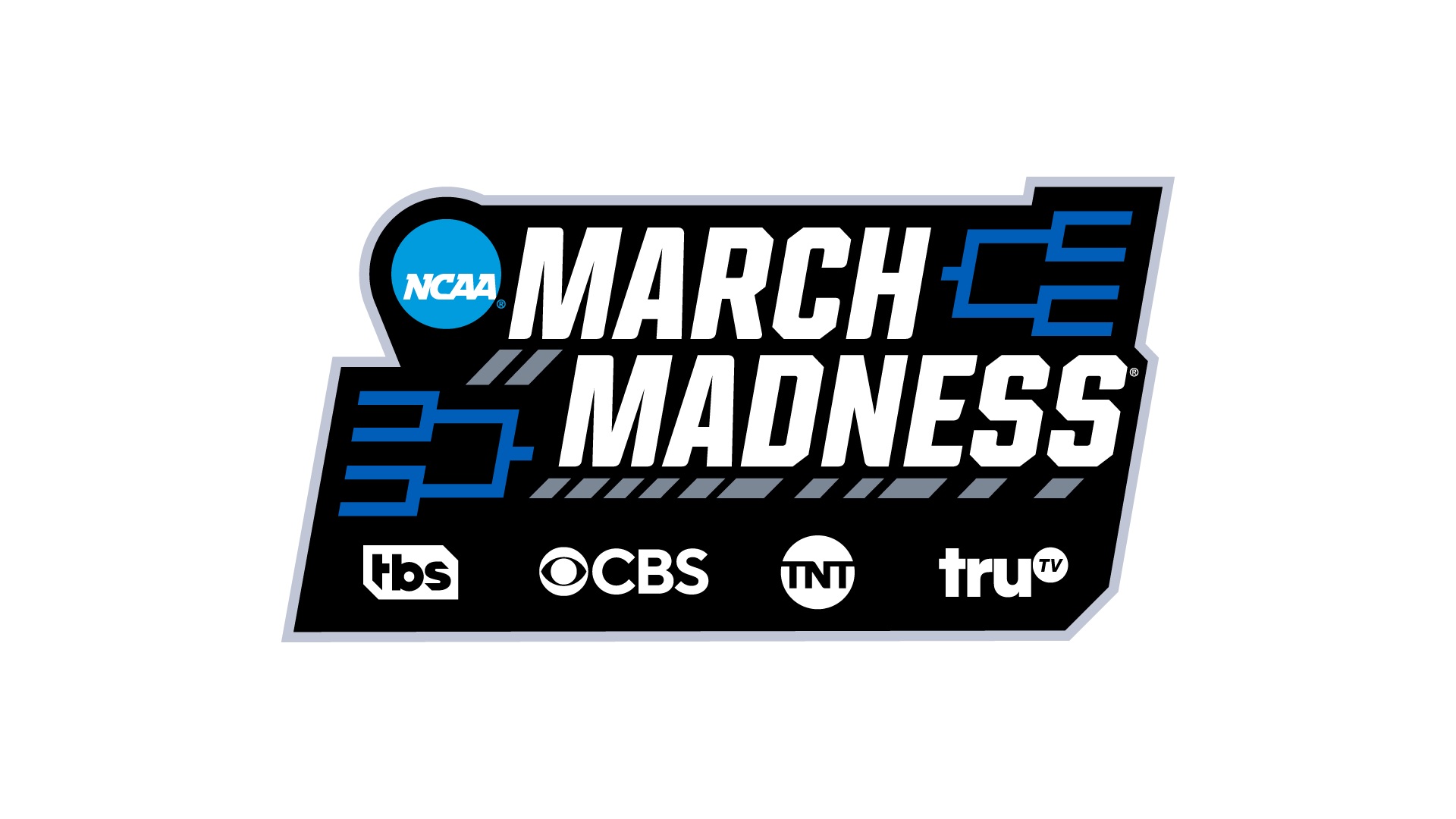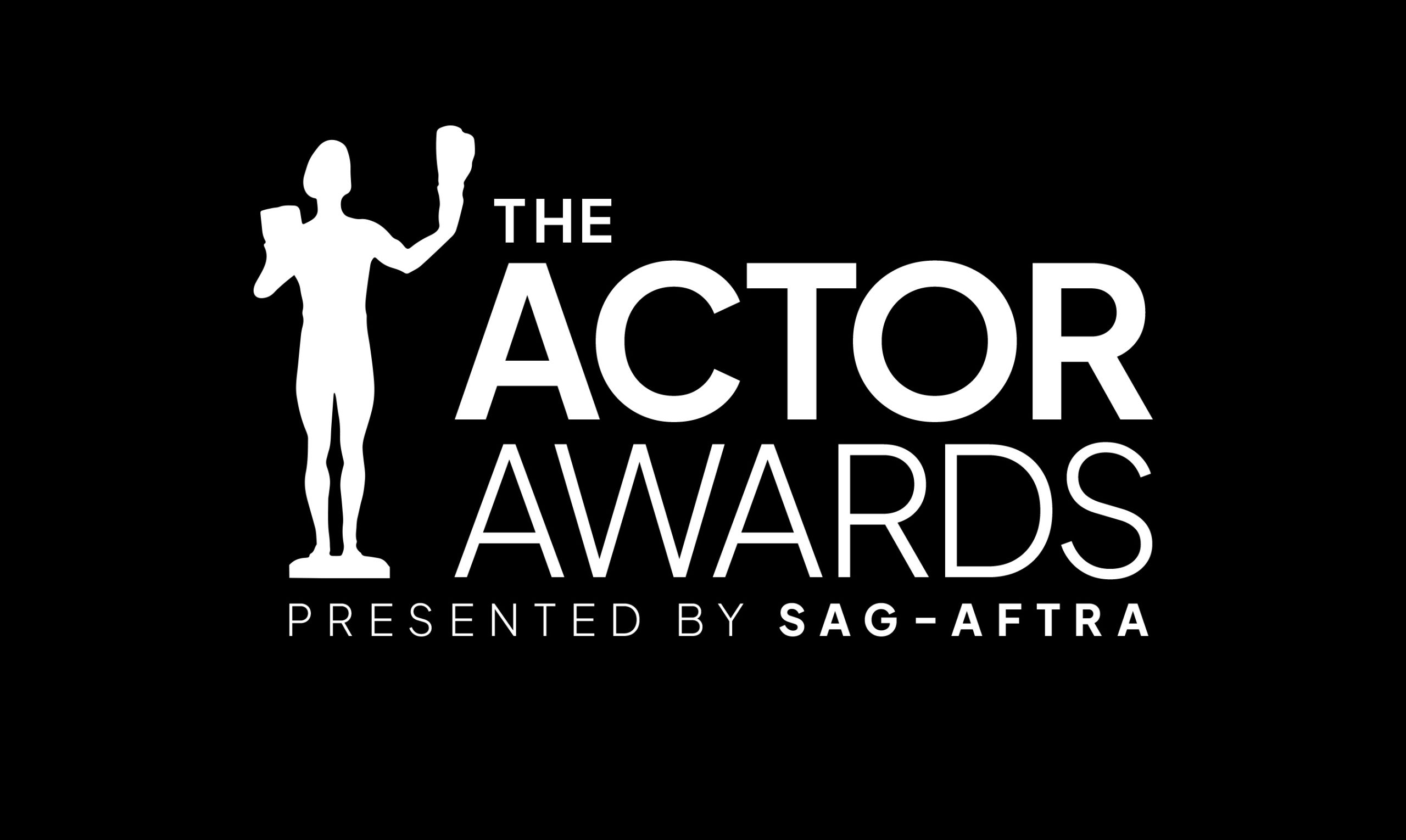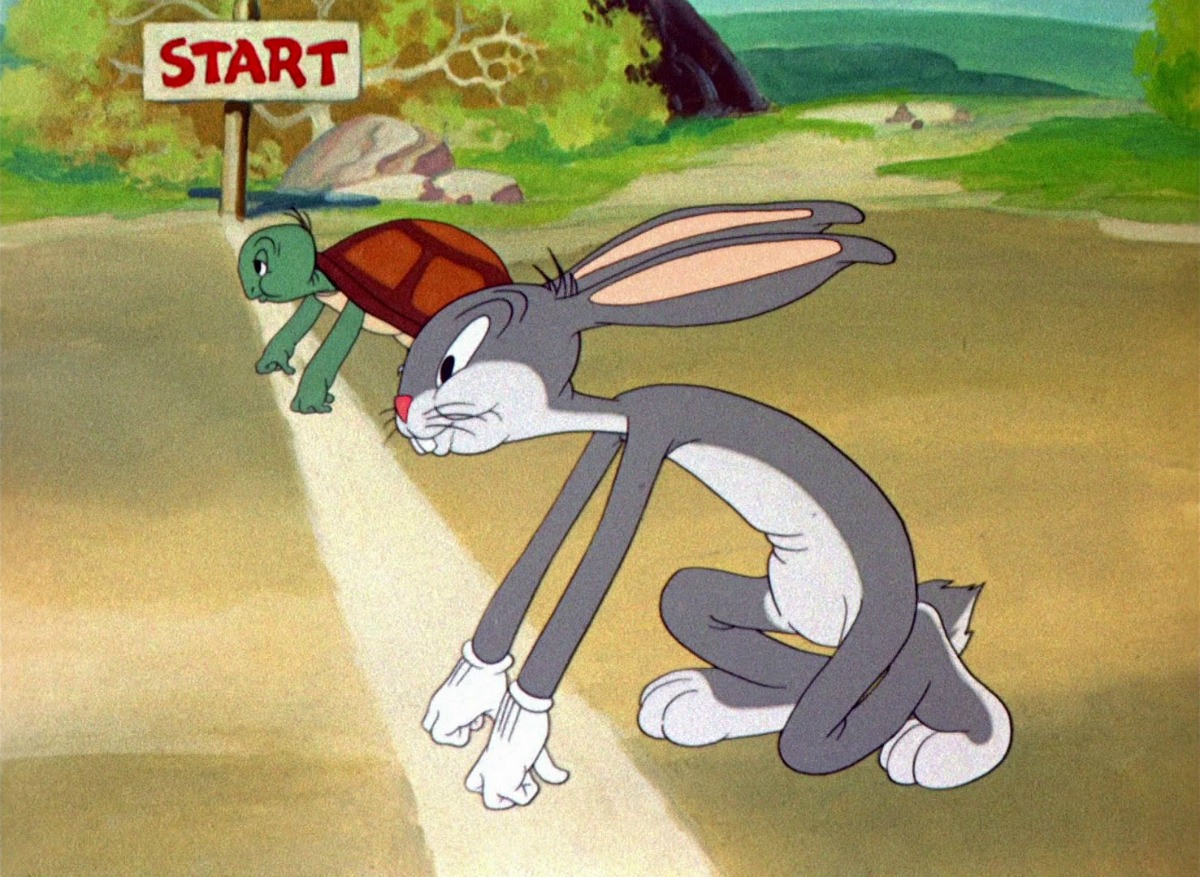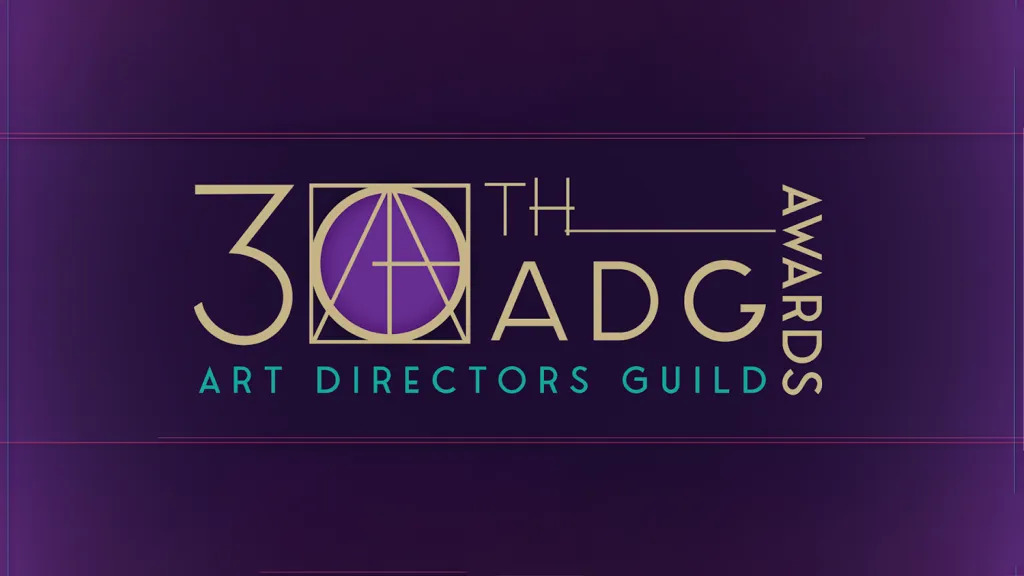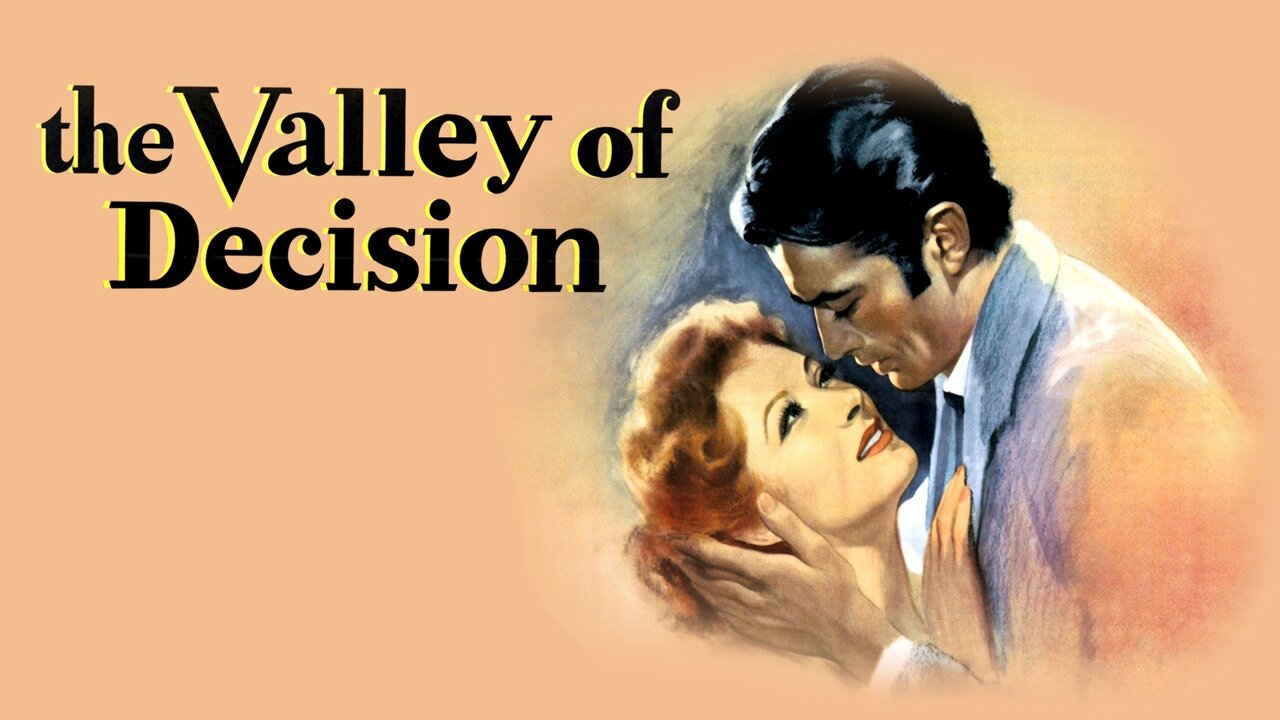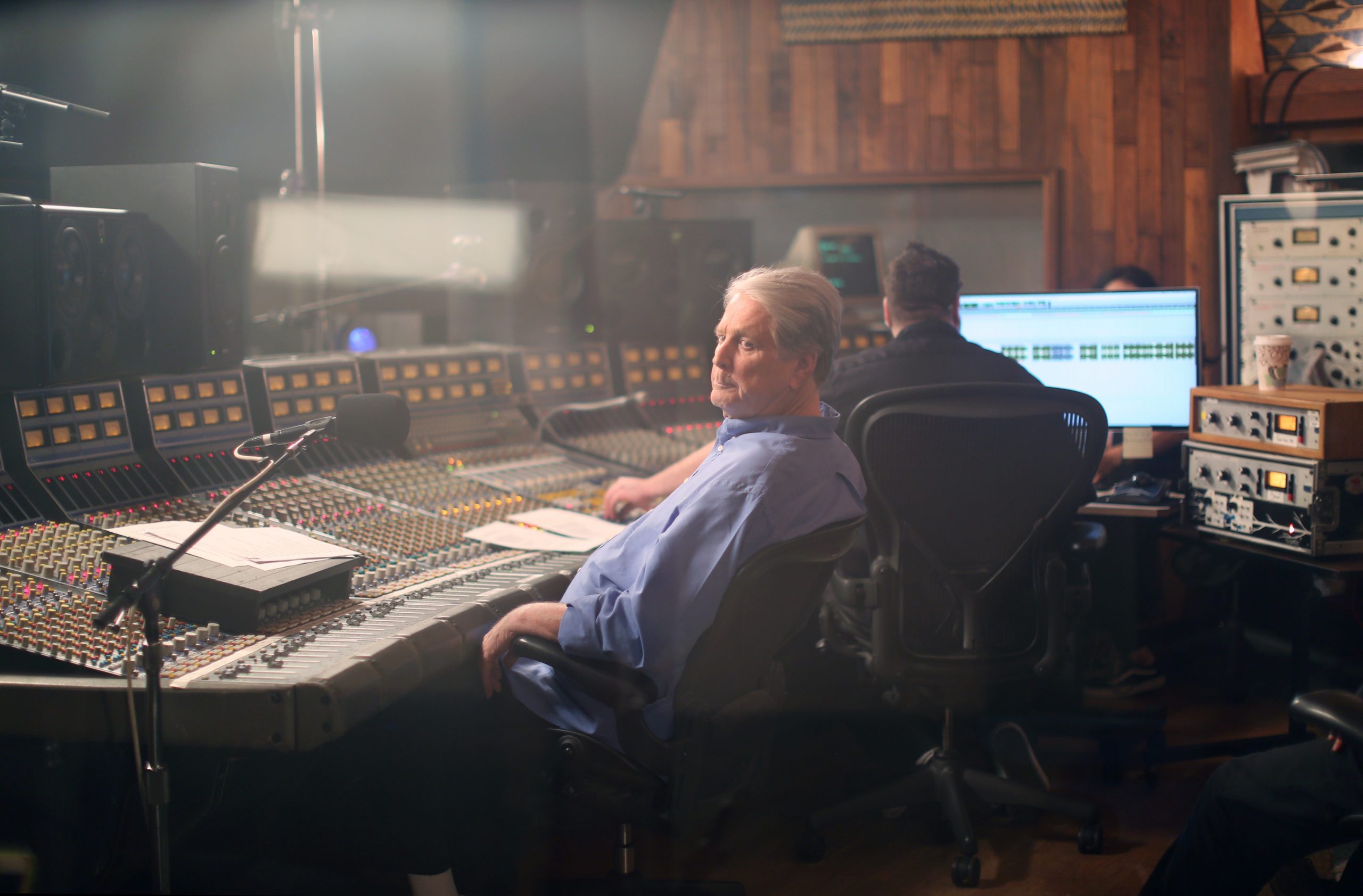
Documentary filmmaker Brent Wilson and Rolling Stone editor Jason Fine spoke with Solzy at the Movies about Brian Wilson: Long Promised Road.
Screen Media Films will host fan screenings on November 17 before the theatrical/VOD release begins on November 19.
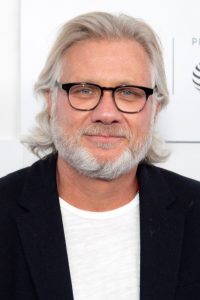
Whose idea was it to make a documentary about Brian Wilson?
Brent Wilson: I guess that was my crazy idea. I’m not quite sure what it was—one of those things where you think to yourself, this seems like a really good idea. And then then you start the process and you go, okay, maybe that was a crazy idea. I think there was still a part of Brian’s story that hadn’t been told. I was a fan. Don Was has made a beautiful film, David Leaf made a great film about Smile. There’s a dozens of books written about Brian and of course, the movie Love and Mercy. But I still felt like there was more to Brian’s story that that hadn’t been told and I thought, you know what, maybe I can be the one to help tell that story. That was really how it all kind of began.
How often do you get asked if you’re related to Brian?
Brent Wilson: Pretty much all the time. Every interview we did. Elton John was absolutely convinced that I was related. He didn’t buy that I wasn’t. He said, Look, man, you’ve even get the Beach Boy hair (Laughs). I go, Fair enough. But yeah, unless my mom was lying to me in 1968, I am not related to Brian.
I like how all the emails pitching the film said Brent Wilson (no relation)!
Brent Wilson: I think I’m gonna change my name. Brent No Relation Wilson. (Laughs)
How long did it take to get Brian to come on board?
Brent Wilson: It was a pretty quick process that way. We had done a film called Streetlight Harmonies that covers the doowop era of music. Brian and the Beach Boys were very much a part of that era. They’re part of the transition of that era and so we talked to Brian in that film. He talks about how he was influenced by doowop. We had met on that and got to know as manager. I came up with this idea. I thought there was a story still to be told in Brian’s third act in his life, this kind of period over the last 25 years where he’s been touring. Almost essentially where the film Love and Mercy ends. If you’ve seen the movie Love and Mercy, you know he reconnects with Melinda and the movie kind of ends. But since that period, Brian’s had a remarkable life. After we finished Streetlight Harmonies, I approached my producers, Theresa Page and Tim Headington, and said, I think there’s a story here. We went out to Brian and, and his team, and fortunately, they agreed right away and said, Yeah, let’s do this together.
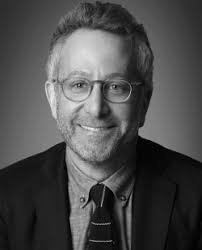
Jason, at what point in the process did you come on board?
Jason Fine: I knew that they were working on this. I guess—how long was it, Brent? Maybe six months in? Something like that?
Brent Wilson: About six months in, yes.
Jason Fine: Brent knows this story but he might not like me telling it but I will anyway. He was interviewing Brian and I was doing a story for Rolling Stone on Brian. I was driving with him from LA to Santa Barbara. Brent was on the bus, filming. Brian was not being very cooperative and sort of sitting in the front of the tour bus. I actually have pictures of this. I’ll share it with you, Brent. Brent wasn’t getting anything. And then halfway between LA and Santa Barbara, the bus pulls over. Brent had to get off with his camera on his shoulder on the side of the road. It seemed like maybe I could help a little bit.
Brent Wilson: We needed help. It seemed like we needed help.
Jason Fine: The other thing is Brian, when he’s comfortable, he’s great. He’s comfortable around me. He’s really comfortable around Brent and so we sort of established this kind of connection among us. I think he’s a guy who grew up in the Beach Boys, right? He grew up with brothers. He likes having his friends around and there was a camaraderie that we were able to build together that was really special.
There’s a lot of driving in the documentary How many days were you all driving around?
Jason Fine: I think it was about a total of eight days, maybe. Maybe seven days? Does that sound right, Brent?
Brent Wilson: Yeah, eight days. I remember when we did this string out of the footage, we ended up with about 70 plus hours of footage. So yeah, that would make sense—about eight days. Seventy hours over eight days of Brian and Jason just driving around LA.
Jason Fine: A lot of driving. A lot of trips to Malibu, up to Hollywood, all through LA. Brian lives now probably less than 10-15 miles from where he grew up and so everywhere around LA is somewhere that has memories for him, whether it’s where he wrote a song, thought of a song, where he went to a restaurant, or where he had an experience. Being able to sort of traverse his home turf with him in that kind of deep of a way was really special.
What was the most challenging part of the production?
Brent Wilson: The challenge actually was the result of the film. It was just trying to get Brian to open up right and to try to walk a mile in Brian’s shoes. That was the intention for the film. That was what was what I set out to do was to try to have audiences just walk a mile in Brian’s shoes. How do you do that with somebody who doesn’t like to be interviewed, who doesn’t want to be on camera, and doesn’t like to sit down under the lights? That’s a pretty crazy challenge to set out to do, actually, and was kind of how all of it began was trying to tackle that beast of how do you get somebody to open up who doesn’t want to talk? Fortunately, we did. We found a way through Jason and these drives, where we can just have two buddies hanging out with each other.
One of the things that I love about the film is that as my editor and I were sitting around and we were working on the film—Hector Lopez and I—we were watching all this footage. I remember Hector and I were going you know what? This is almost like a buddy cop movie. It feels like Lethal Weapon or something. It’s just two guys hanging out and it reminded me of Butch Cassidy and the Sundance Kid at some point. That kind of informed the film a lot where it was like, this is just two buddies hanging out and let’s treat it that way. Let’s just treat it like you would with two buddies hanging out where sometimes they talk, sometimes they don’t. Sometimes the music gets played, sometimes it gets turned off. Sometimes it’s uncomfortable, sometimes it’s revealing. But yeah, I mean, in a very strange way, Butch Cassidy and the Sundance Kid has a really big influence on his movie
Jason Fine: We tried to take off for Mexico at one point but we got turned around. We were unable to make it all the way across the border.
Brent Wilson: No passports. (Laughs)
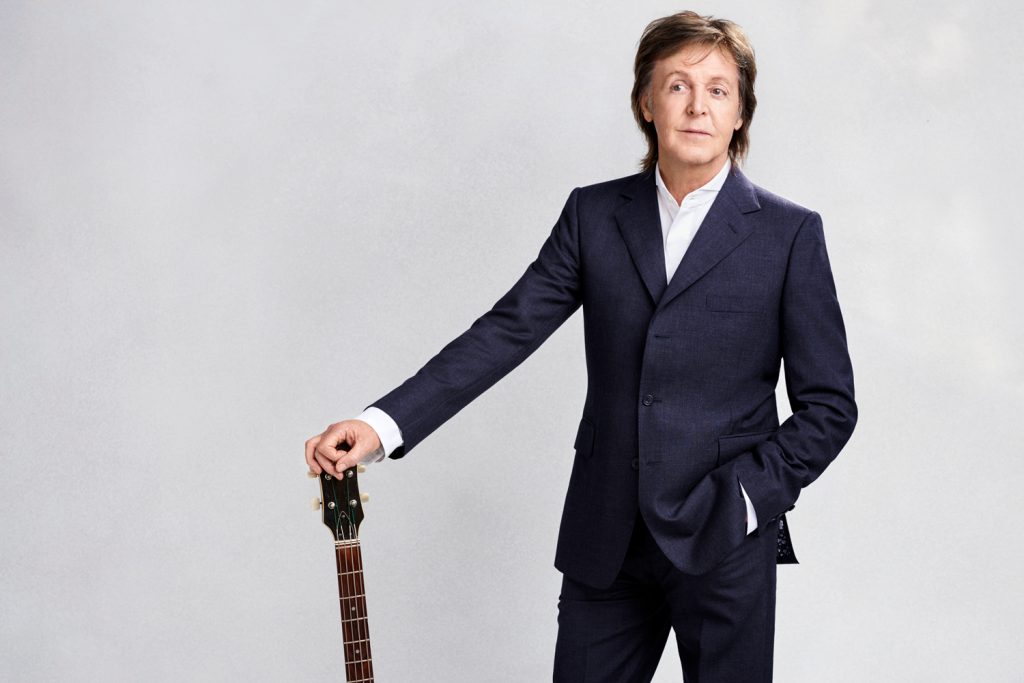
With rivalry between the Beach Boys and The Beatles, did you ever try and get Paul McCartney to talk on camera?
Brent Wilson: We did. I remember we asked. At one point, there was a time—Jason, remember Paul was up somewhere where Brian was on tour? He was at his house or something.
Jason Fine: Right. Right. Right. Right. Right.
Brent Wilson: Brian was going to be on tour at a time when Paul was at his house somewhere up in the Hamptons or something. Brian was pretty close and course, they’re good friends. They’ve recorded a lot and spent a lot of time together but we just couldn’t make it happen because either Brian was on tour or Paul was on tour. What we didn’t want to do is we just didn’t want to do a sit down interview with Paul. Not because it wouldn’t have been great but I think Paul has said so many times how much he loves Brian and what influence Brian was on The Beatles and The Beach Boys were on the Beatles. We did want to try to get a moment where we could just have those two guys hang out and see what that was like. But yeah, both of those guys tour like maniacs so it was pretty tough to be able to try to put together.
That would have been amazing to watch the two of those together.
Brent Wilson: I think they probably would have—I don’t know. Jason, what would they have talked about? Probably dinner or something. They probably never would have talked about music. They probably want to talk about something else completely.
Jason Fine: Yeah, probably so. Family, I think. Both of them are such family guys. There’s a lot of stuff about that and what their lives are like. It’s amazing—the journey for both of them really started at the same time on different continents and has intersected at so many points. It’s remarkable that they’re both still out there doing this music. Like Brent said, so much. Brian—I counted just before the pandemic, maybe its 2018, I can’t remember what year—180 dates at age 75. It’s incredible. Paul is like that, too. And so, yeah, I bet that’s what they would have talked about—their creaky knees.
Brent Wilson: I remember one of the scenes at the deli. It didn’t make the film but you had seen Paul or something. You had seen a show and there was a song that Brian kept asking for every time you saw Paul.
Jason Fine: Oh, yeah.
Brent Wilson: Do you remember what that song?
Jason Fine: I don’t remember what song it was. But the thing I would say, too, is Brian is always a little competitive and always like, well, how many shows did Paul do? I heard the stones are going out. There’s always that thing of like, who’s at the top and I sort of love that. I felt like when Brian was asking me about the Paul tour, he was kind of pumping me for a little information.
Brent Wilson: I do remember him asking. How many seats? What was the arena?
Jason Fine: Right. Right.
Brent Wilson: How many people were there? He goes yeah, I can never do that. You could see it in his mind. He was like, wow, 60,000 people or wherever it was. MetLife Stadium or something and he asked that. That’s a great point. Maybe I should revisit that scene on the Director’s Cut.
It’s funny with the rivalry. This film premiered at Tribeca over the summer and then a few weeks later, you have the Paul McCartney documentary series drop on Hulu.
Jason Fine: That’s right.
Brent Wilson: I think that’s what’s so amazing about those guys is they’re still out there doing it and they don’t need to Paul McCartney, Brian Wilson, they don’t need the money. They don’t need the accolades. Their legacies are safe. My takeaway from both of those guys out there still doing what they’re doing is because they love it. They’re doing it in their late 70s and they don’t need to but they’re out there because they love it. And that, to me, is very inspiring. I love that in both of those men.
How long was the initial edit?
Brent Wilson: It took us nine months to get our first cut. I remember it was almost three months before we even began to cut the footage. I remember marking down on my calendar and turning to Hector Lopez, our editor and go, Oh my G-d, I can’t believe now after three months, we’re finally starting to edit. It took that long to get through the footage. It took that long to go through all of the archive material and to get it organized and to kind of get it ready to edit. And then another six months—five days a week, eight hours a day—shaping the story, finding the story, discovering the story—I think that was one of the beautiful parts about the film and one of the things that I that I enjoyed the most was being in that edit bay and discovering the story itself.
I think any editor or any producer or director who goes in to a documentary and says this is what my film is going to be about before they edit is probably lying to themselves. Because the film—you don’t know what you’ve got until you can sit down and watch it. There were times where I wasn’t sure if we had something. There’s a lot of silence sometimes between Brian and Jason. Would those moments of those guys in the car be enough to carry us through? It was lovely to be in the edit and discover that yeah, there is a story here. There is a film here. I never got tired of hearing the music every day. I think that’s rule number one for music documentaries. You better be a fan of the artist you’re doing a film on because you’re going to hear it a lot for a very long time. It was lovely to hear that music every day.
How long what was the runtime for the first cut?
Brent Wilson: I want to say it wasn’t too bad. I remember being pretty proud—like, you know what? For a first cut, this was pretty good. I want to say like 2:20 to 2:30, maybe 2:25—somewhere in there. It wasn’t as bad as it could have been. Typically, your first cut can come in at three hours-plus. I remember being under two and a half hours and thinking I can work from here. It’s a challenge. Of course, it’s always much easier to build it than it is to chip away at it. Once you’re starting to kind of strip away minutes, that gets to be a really difficult process or at least for me, it is. It’s a painful process because you have your favorite moments. I do remember that that first 2:23 being like, okay, yeah, we can work with this. We can get this down a little bit.

Was there a moment in the film that really hurt you to cut out to trim it down?
Brent Wilson: Jason, what scene is yours that you think? I know I’ve got mine.
Jason Fine: I can’t say because it’s not in there. There are a lot of moments of humor—just kind of goofing off moments that don’t really necessarily add to the overall narrative of the story. They’re just like the life of Brian kind of moments that are just so great so a lot of those. There are some in the film—I love when he’s trying to figure out what car it is that’s driving up to the beach in Malibu. I love when he’s driving up to his first home that he bought and he’s talking about smoking pot in the Arabian tent and eating peanut butter and jelly sandwiches. There are a lot of things like that that didn’t quite make it in and that’s one of the things that I think people don’t really understand about Brian. He’s got a great sense of humor. He’s always paying attention and he is funny.
Brent Wilson: There was one, Jason, that I don’t know if you remember. It was in the cut and it came out pretty early but it was to your point. It was him talking about working out and working on his pecs.
Jason Fine: Yeah.
Brent Wilson: I just thought, does anybody else think this is funny? I don’t know but Brian Wilson talking about working on his pecs was funny to me,
Jason Fine: He’s very funny. He does talk about that a lot with me. He’ll ask me when I show up at his house, he’ll say did you did you exercise today? I’ll say, Yeah, I played tennis this morning or something. He’ll say, Uh-huh, uh-huh, did you do any weights too? I said a little bit, not much. He said, you work on your pecs? (Laughs) It’s really funny.
You should have put that in there!
Brent Wilson: So I do. I missed that one. It was just 25 seconds. But yeah, Brian Wilson talked about working on his pecs. (Laughs) That’s the moment I think I miss the most.
Is it challenging to not have too much focus on any one song or album?
Brent Wilson: It was an absolute challenge because as you’ve seen with the film, Brian selects the songs. He has his favorite songs and his favorite era that he wants to listen to. A lot of those songs—what era is that, Jason, that he’s picking those? The Night Was So Young.
Jason Fine: I think that the early 70s, which is a time that people don’t really know so much and a time when Brian was sort of in and out a little bit. His brothers were really rising up to fill the position that he wasn’t holding as much. They were producing more, singing more. I think it’s kind of blown Brian’s mind—in more recent years—revisiting that music, how much his brothers were able to fill in for his shoes, and I think he’s really proud of them. I think listening to that music from those early 70s years, I think, is really, really meaningful. And then certainly 15 Big Ones and The Beach Boys Love You which were 76-77, that was a time when The Beach Boys came back together for the first big reunion in 76. That was 15 Big Ones.
Love You was kind of a Brian solo record. It wasn’t really a Beach Boys record and it had all those weird songs like Johnny Carson. I listened to it this morning. It has some amazing, amazing melodies on there—this song called “Let Us Go On This Way,” which is really kind of like “Wouldn’t It Be Nice” ten years later. Let’s have this life or this love goes on and continues and this is a guy who’s had so many broken fractured relationships in his life and he’s just still hoping and holding on to that hope for a kind of permanence. I think that that’s a really meaningful period for him. I think it’s also both because the melodies are beautiful and that music is kind of a little less fraught for him because it’s a little bit more less picked over and played over but also because it allows him to commune with his brothers.
Brent Wilson: That’s beautiful. I never thought of it that way. But you’re right. I think you’re right. That’s what it is for him to be able to commune with Dennis and Carl because he did. Those were the songs that he kept asking to hear. Those were the ones that he would turn to Jason and it’s like, oh, play 15 Big Ones or play Beach Boys Love You. To get a little bit of diversity in the film and spread out some of those songs—with Brian Wilson, you’ve got so many remarkable songs you’re trying to get in. Deciding which songs to leave out was painful, painful choices because there are so many great songs. It still hurts me to this day that there are songs that are not in there. If I was a fan, I would corner me and go, how dare you leave that out?
I got cornered actually in Nashville at the party for the film festival. A guy came up to me and said I love this film but I don’t understand how you can do a documentary on Brian Wilson and not have “Sloop John B” in it. And I go, You’re right. You’re absolutely right. All I can do is apologize. That’s one of the hardest parts actually. What songs come and what songs go.
Gotta get that extended cut on Blu-ray!
Brent Wilson: Absolutely! Absolutely! We did, by the way, have “Sloop John B” in there in a scene they got cut where Brian went back to his school and got a grade changed.
Jason Fine: Yeah, that’s a scene that that we miss.
Brent Wilson: Yeah, that had “Sloop John B” on it so that’s what I told that gentleman in Nashville. I was like, It was there, I promise.
Jason Fine: Yeah. Brian got an F in music when he was a senior in high school and he failed. Brent arranged for us to go back to his high school and the current principal officially changed his grade from an F to an A. It was incredible.
The film was initially selected to premiere during Tribeca in 2020. Was there ever any consideration given to getting it out in front of an audience last year or did you just wait as long as possible for theaters to start opening up again?
Brent Wilson: We held out. It was painful. We were about two-three weeks away from Tribeca when we got the news that that they were going to be shutting down the festival. That was March. Things were just starting to kind of really come to a head there. We got the news. Nobody knew, of course, at the time knew how long the world was going to be shut down and how bad it was going to be. But I knew in my heart, I didn’t want the film to be seen just on somebody’s laptop. I wanted the film to have the chance to have a theatrical experience. If somebody chooses to go see it in a movie theater and hear this incredible music in 5.1 and see this on the big screen, I wanted them to have that opportunity. Fortunately, our producers agreed and we were able to kind of hold out. We were very fortunate that Tribeca invited us back, invited all the films from 2020 who got canceled to come back out, and we were able to still debut at Tribeca a year later. It was a painful year and we’re thrilled and happy. I’m so happy that now people can see this on the big screen and they can hear this incredible music in 5.1 and in a closed room and not on your laptop while you’re trying to do laundry.
Screen Media Films will have fan screenings on November 17 and will release the film in theaters and VOD on November 19, 2021.
Please subscribe to Solzy at the Movies on Substack.
